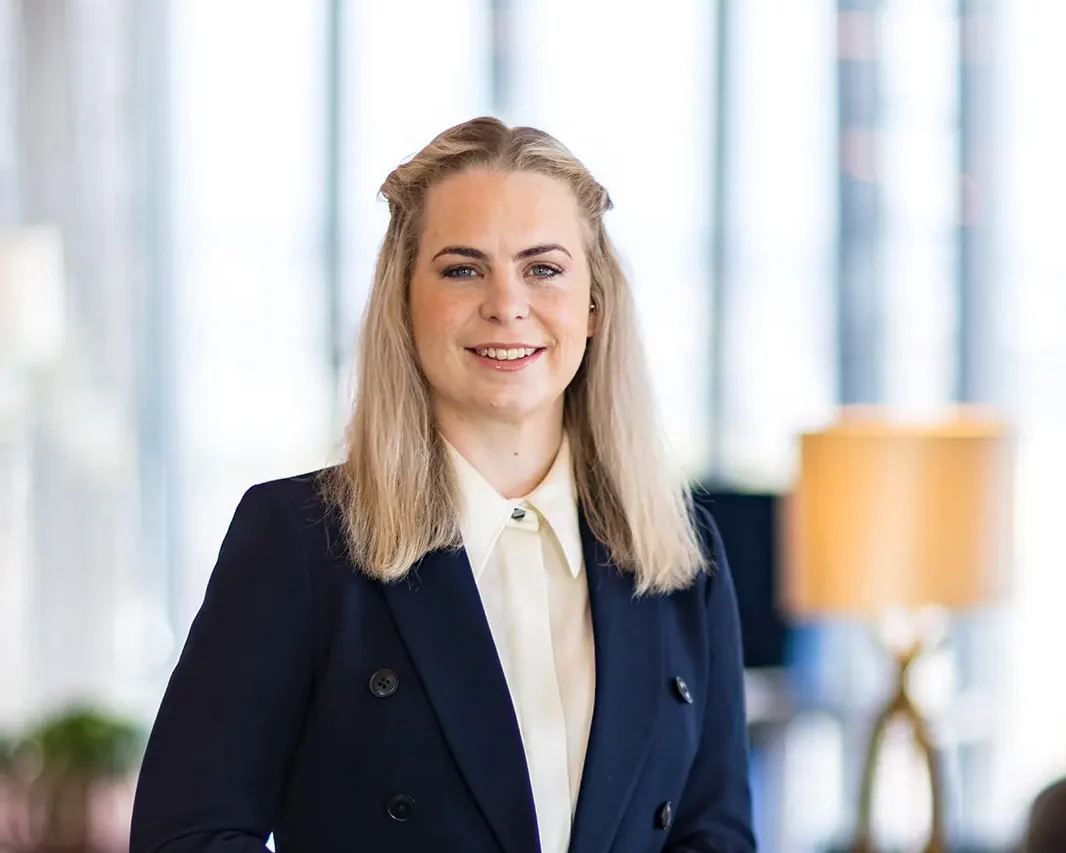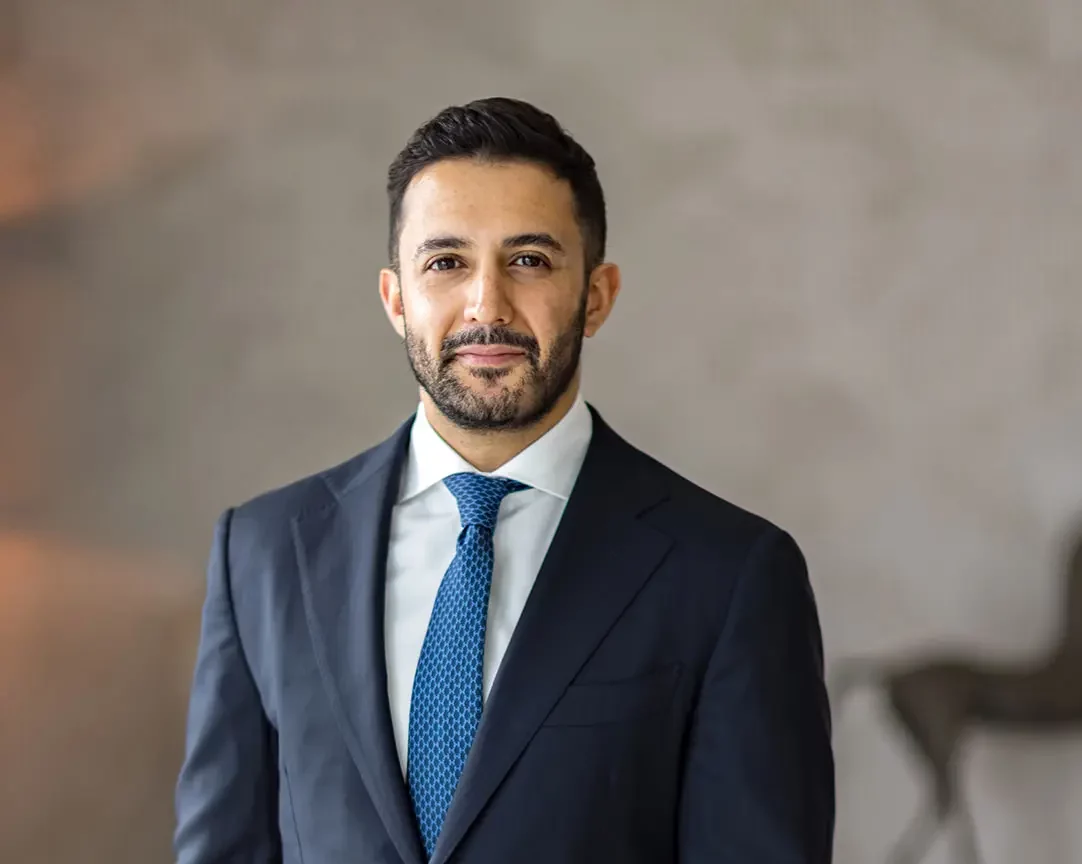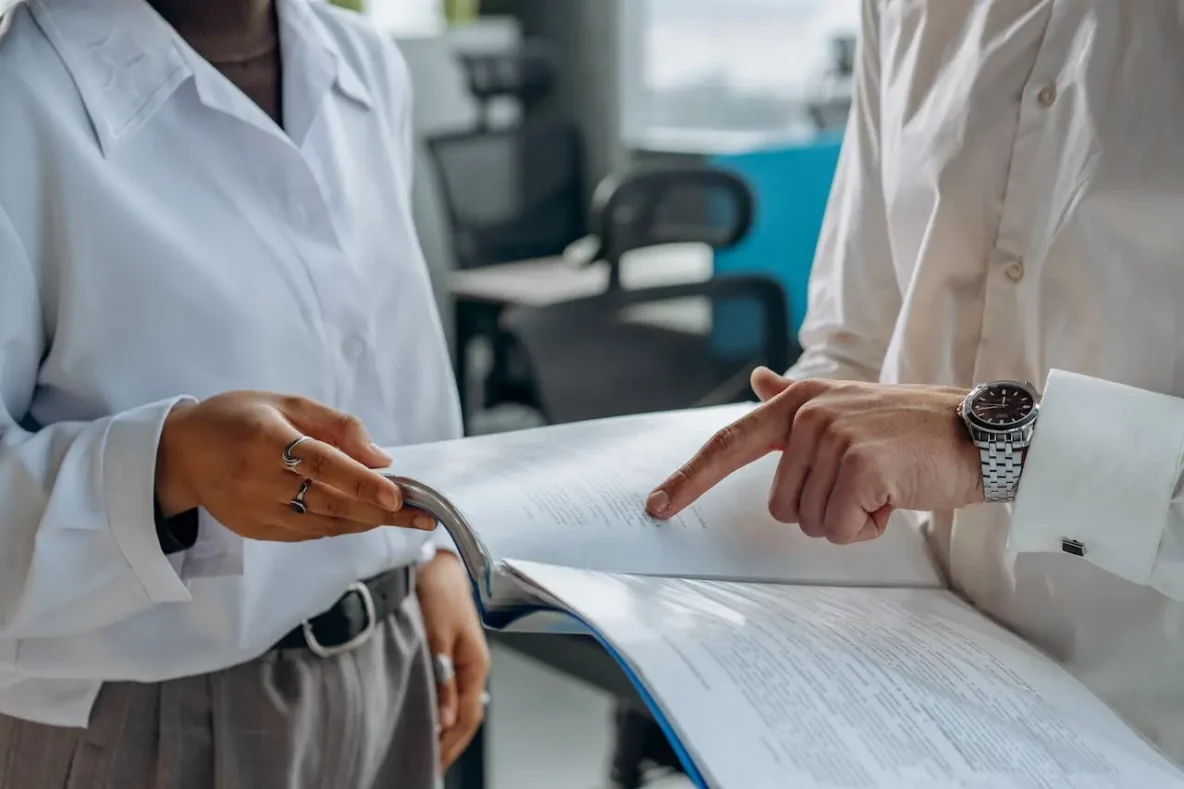Introduction:
In an insolvency case involving both UK trustees and Russian Bank Creditors, the High Court issued guidance in regards to the potential breach of the 2019 Regulations surrounding sanctioned entities. The significant criminal and civil penalties potentially arising from this case make it a consequential and relevant case for UK arbitration and litigation lawyers to consider and understand. The final ruling deals with three key questions, as outlined in the court proceedings and expanded upon below.
Case Summary:
Anatoly Motylev, a Russian national residing in London as of 2015, faced cross-border insolvency proceedings between the United Kingdom and Russia that raised key legal issues for the UK trustees involved in the case. Under Section 44 of the Sanctions and Anti-Money Laundering Act 2018, statutory protection could be provided to those involved, on the condition that the decision to either exclude or include Russian Bank Creditors in Motylev’s UK insolvency proceedings were performed under “reasonable belief” that it was in compliance with the 2019 Russia (Sanctions) (EU Exit) Regulations. Therein lay the complication of confirming the necessary “reasonable belief” of whether the Russian Bank Creditors were subject to sanctions against Russia and thus excluded from proceedings, or otherwise. The decision to exclude them without having established this would expose the trustees to be held liable to the Russian Bank Creditors for civil damages. The reverse would expose them to facing significant criminal and civil liabilities under the current UK sanctions regime. So, the Hellard & Ors v OJSC Rossiysky Kredit Bank & Ors [2024] claimants applied for a declaration essentially seeking guidance from the High Court and the judgment of Nicholas Thompsell, sitting as a Deputy High Court Judge, for directions under 303 (2) Insolvency Act 1986.
Background:
Relevant here is the case between Mints and Litasco coming prior, being the first of its kind to handle the adoption of ‘control’. As such, the Hellard & Ors v OJSC Rossiysky Kredit Bank & Ors [2024] case attempts to resolve the opposing views raised by the former, specifically in its addressing of question one of three key questions of the case. These can be found in greater detail in the sections below.
Decision:
The court held that the trustees would not be in breach of UK Sanctions and thus not liable for allowing the sanctioned entities, Russian Bank Creditors, to take part in UK insolvency proceedings, prior to distribution. More specifically, the sanctioned entity was permitted voting rights in the creditors’ decision procedures and within the creditors’ committee. Read on to ‘What Does this Mean for Future Insolvency Cases?’, in which the reasoning behind this is considered.
What is meant by ‘Control’ in regards to the law?
In what circumstances a person should be regarded as being owned or controlled directly or indirectly by a designated person?
This is a difficult question because Regulation 7(4) finds direct or indirect ownership or control where “it is reasonable … to expect that P (i.e. a designated person) [is] able … to achieve the result that the affairs of C (i.e. a Russian entity) are conducted in accordance with P’s wishes.”
Depending on the interpretation of Regulation 7(4), if the designated person is Vladimir Putin, this would imply that every single entity in Russia is controlled indirectly by him, as argued in Mints. In Litasco, the judges were reluctant to extend the interpretation “so far as to extend to companies of whose existence the putative controller was wholly ignorant and whose affairs were conducted on a routine basis without any thought of that controller.”
Reconciling Mints and Litasco, Deputy Judge Nicholas Thompsell [paragraph 76] breaks down ‘control’ into four types, with the fourth category being the core of the discussion:
- De jure control: this exists where there is an absolute legal right to exercise control embedded, for example in the constitution of a company or a body;
- Actual present de facto control: this exists where the putative controller is manifestly “calling the shots” (to adopt the language used in Mints) with no legal right to do so;
- Potential future de jure control: the creation of this category is, to DJ Thompsell, the main reason why the words “(if P chose to)” are included in Regulation 7(4). This would exist where, although the designated person enjoyed no current legal right of ownership or control, the designated person had the legal means to obtain ownership or control. The most obvious example of this, would be where the designated person had an option or a forward contract to acquire a majority shareholding in a company; and
- Potential future de facto control. This would exist where although there was no evidence that the putative controller was currently exercising de facto control, there is some good reason to believe that the putative controller could, if he or she wished, exercise control in some manner. DJ Thompsell states: “For reasons I will expand on below, whilst this category must exist theoretically, I believe its existence in practice will be very rare.”
DJ Thompsell held that a strict interpretation of the fourth category would imply that every billionaire could be “regarded as having control of every company that the billionaire could clearly afford to purchase” and every gun holder could be “regarded as having control of every organisation that he might be able to coerce by making use of that weapon.”
Based on this and the facts of the case, three questions need to be considered.
3 Key Questions of the Case:
Question 1: Do designated persons have control of the Russian bank creditors?
Despite the significant influence they hold, the judge found no evidence of present or future de jure control by Governor Nabiullina or President Putin over the liquidators appointed by the DIA. Thus, neither had the right to direct how liquidators should perform their statutory duties. Furthermore, there is, at the time of writing, no current evidence of de facto control. There is no public evidence that either Governor Nabiullina or President Putin have interfered with any liquidation processes managed by the DIA. While future de facto control is theoretically possible, it would be difficult to obtain without the breach of constitutional norms, requiring cooperation from others, and incurring significant political and reputational costs. Thus, it is unlikely they could easily exert such control.
[Paragraph 120 of the judgement]“Whilst Governor Nabiullina, and President Putin each have significant influence as to the supervision and senior management of the DIA, they do not, I consider, have any direct or indirect ability to control the individuals appointed as liquidators in the management of specific liquidations being conducted by the DIA. I do not consider it at all likely that those with a supervisory role within the organisation could as a matter of right direct how individual liquidators should discharge their statutory duties.”
[Paragraph 122 of the judgement]“They might also be able to bring this about by appointing placemen (or placewomen) to the post of General Director and then to the Management Board, and thereby via those placees get to a position where they could ensure that the individual liquidators acted according to their orders. Any such arrangement would, however, likely require the cooperation of those persons and of the Duma and could be expected to involve the expenditure of political and/or reputational capital, as it would be obvious to the world that it was improper for them to interfere in a statutory process.”
Question 2: Is voting caught by sanctions?
The judge determined that exercising voting rights in bankruptcy is not “using” funds as defined by sanctions regulations. Voting does not alter the status of the debts themselves or constitute dealing with them as funds. The only exception would be if voting directly led to the distribution of funds to a sanctioned person. Additionally, voting rights are not considered “financial assets or benefits” under the regulations. Prohibiting sanctioned creditors from voting would disrupt the bankruptcy process, potentially leading to significant delays, legal complications, and contrary outcomes to the majority creditor’s interests.
[Paragraph 146 of the judgement]“Turning to the second argument, voting rights under the bankruptcy machinery cannot themselves be regarded as “benefits” so as to fall within the definition of “funds”. Such voting rights have no value per se, and cannot be divorced from the statutory machinery of the bankruptcy process. Also, there is a strong argument that the phrase “ financial assets and benefits of every kind”, notwithstanding the words following “ (but not limited to)” needs to be read sui generis with the following list of assets set out in s.60(1) and voting rights are clearly not of the same nature to the type of financial rights set out there.”
[Paragraph 151 of the judgement]“Where (as here) sanctioned creditors make up a majority of the creditor pool, there would be a serious risk of the bankruptcy developing contrary to the views of the majority creditor. In any case, there is a likelihood of unnecessary delay, uncertainty, court applications and licencing applications to OFSI.”
Question 3: Are the trustees in breach of regulation 18(a)?
The judge agreed that the Trustees are not violating Regulation 18A for three reasons.
First, their statutory duties as Trustees in Bankruptcy do not involve “financial services” as defined by the regulations. Second, they are not providing services aimed at “foreign exchange reserve and asset management.” Third, even if their services were considered “financial services,” they are not providing them to any prohibited persons under Regulation 18A. The Trustees’ actions are focused on managing the bankrupt estate under court supervision, not on serving specific creditors.
[Paragraph 159 of the judgement]“First, they are undertaking the statutory functions of a Trustee in Bankruptcy and these statutory purposes do not include anything that falls within the definition of “financial services” within s.61 SAMLA. Whilst the words at the beginning of s.61(1) “ any service of a financial nature” are very wide, I consider it is clear that they should be read sui generis with the list of activities following (notwithstanding that these wide words are not limited to that list).”
[Paragraph 161 of the judgement]“Thirdly, even if the Trustees could be said to be providing “ financial services” for the purpose of “ foreign exchange reserve and asset management”, they are not providing such services to any of the persons listed in Regulation 18(2) (even if you take the view (as I do not) that the Russian Bank Creditors are under the control of Central Bank). The Trustee’s services are provided in relation to the Bankrupt’s estate under the supervision of the court. Whilst the Trustees may have duties that can be enforced by creditors it would be wrong to think of them as providing services to particular creditors.”
What does this mean for future insolvency cases?
DJ Thompsell concluded by issuing a declaration stating that the following did not constitute “funds” or “economic benefits”, for the purposes of the 2019 Regulations:
- the voting rights of creditors involved in a creditors’ decision procedure, under the bankruptcy provisions of the Insolvency Act 1986 and the Insolvency Rules 2016 (applicable to England and Wales)
- the rights of creditors to participate in and vote at creditors’ committees
Additionally, using such right or accepting the votes of the creditors would not be considered as dealing with “funds” or “economic benefits”, also for the purposes of the 2019 Regulations.
Nevertheless, the judge did also order the increased monitoring of the sanctioned entities, by the trustees, in order to ensure that there was no change in the position of said entities, at the very least prior to a distribution.
Share this Post




